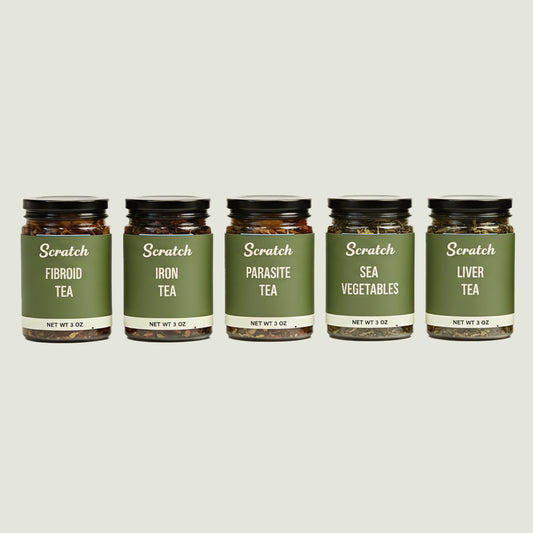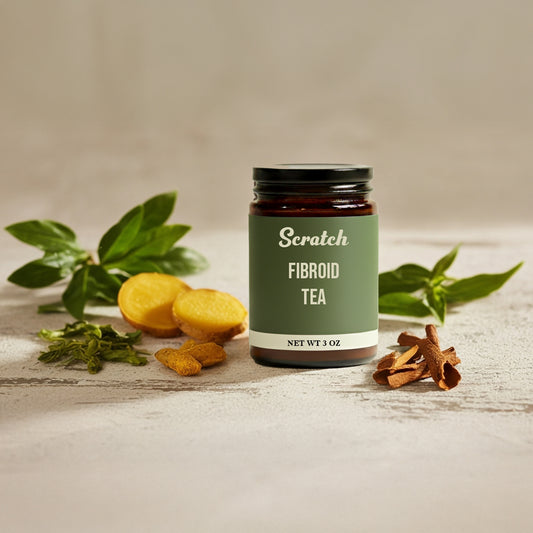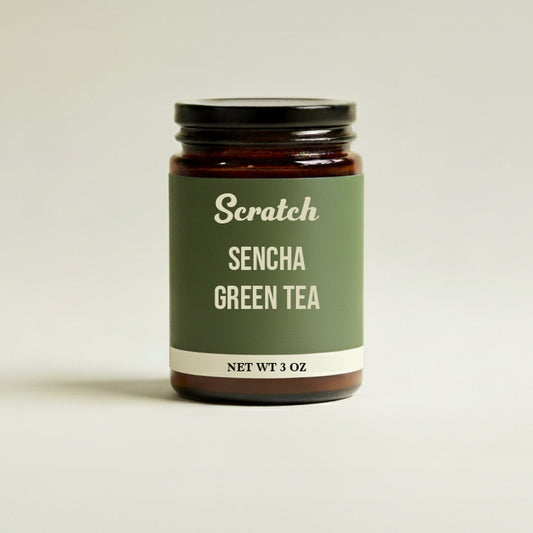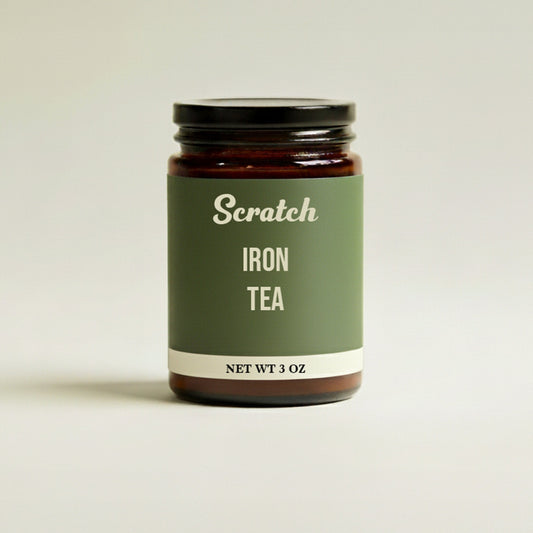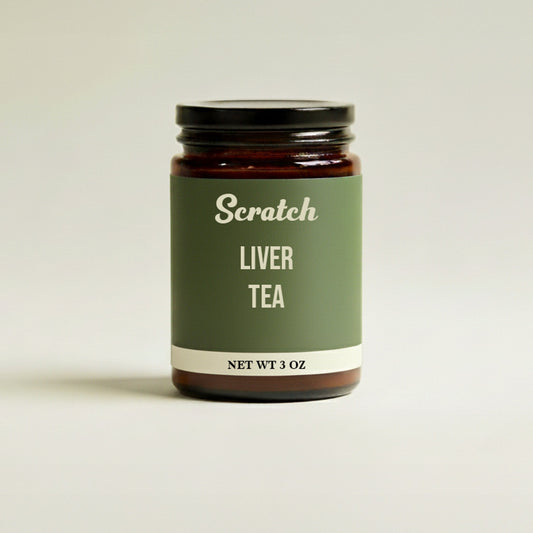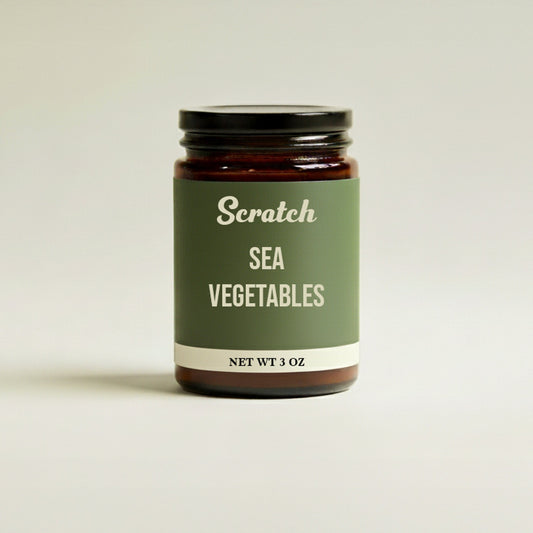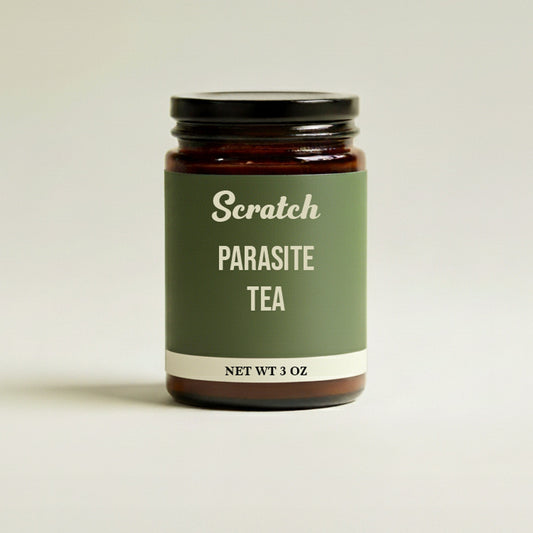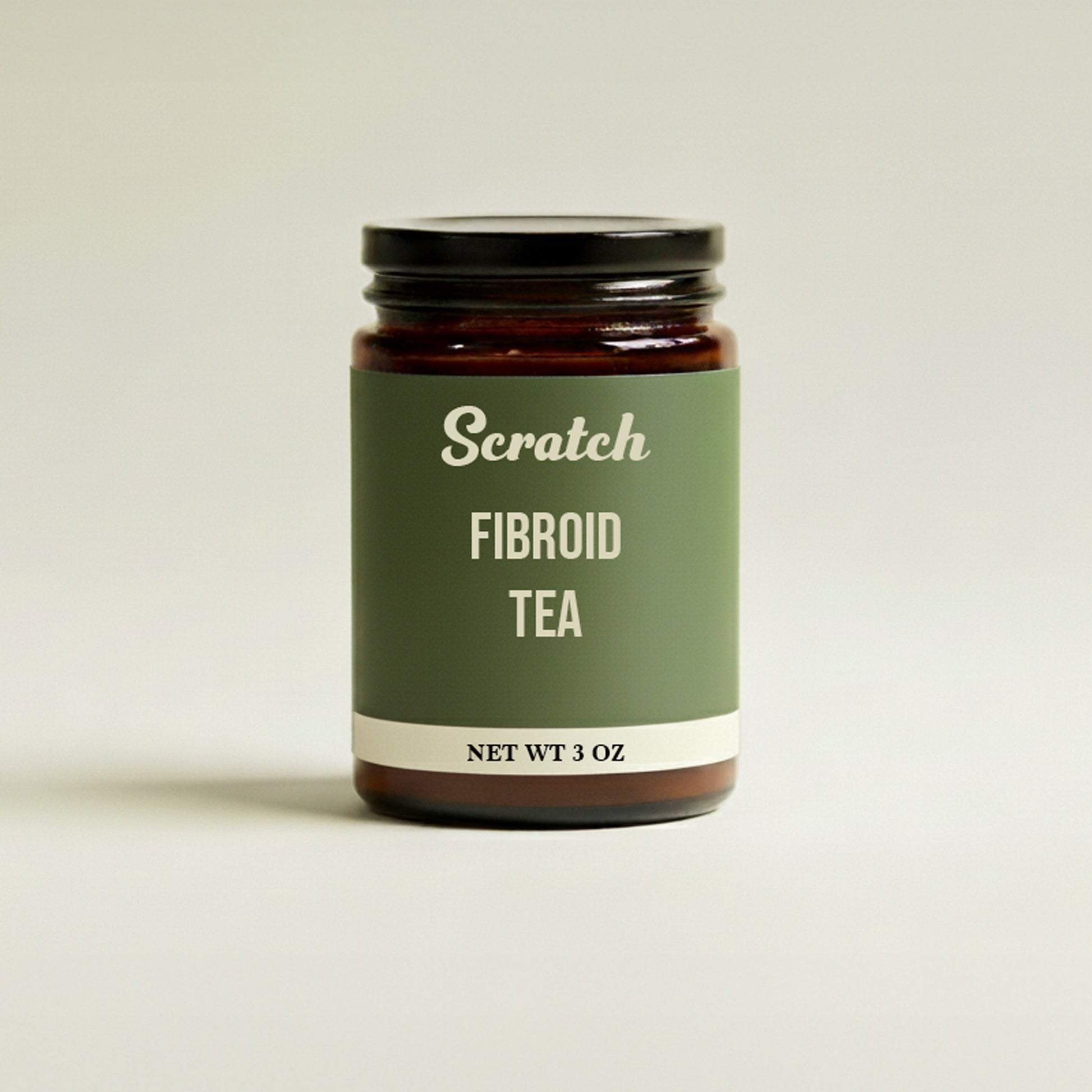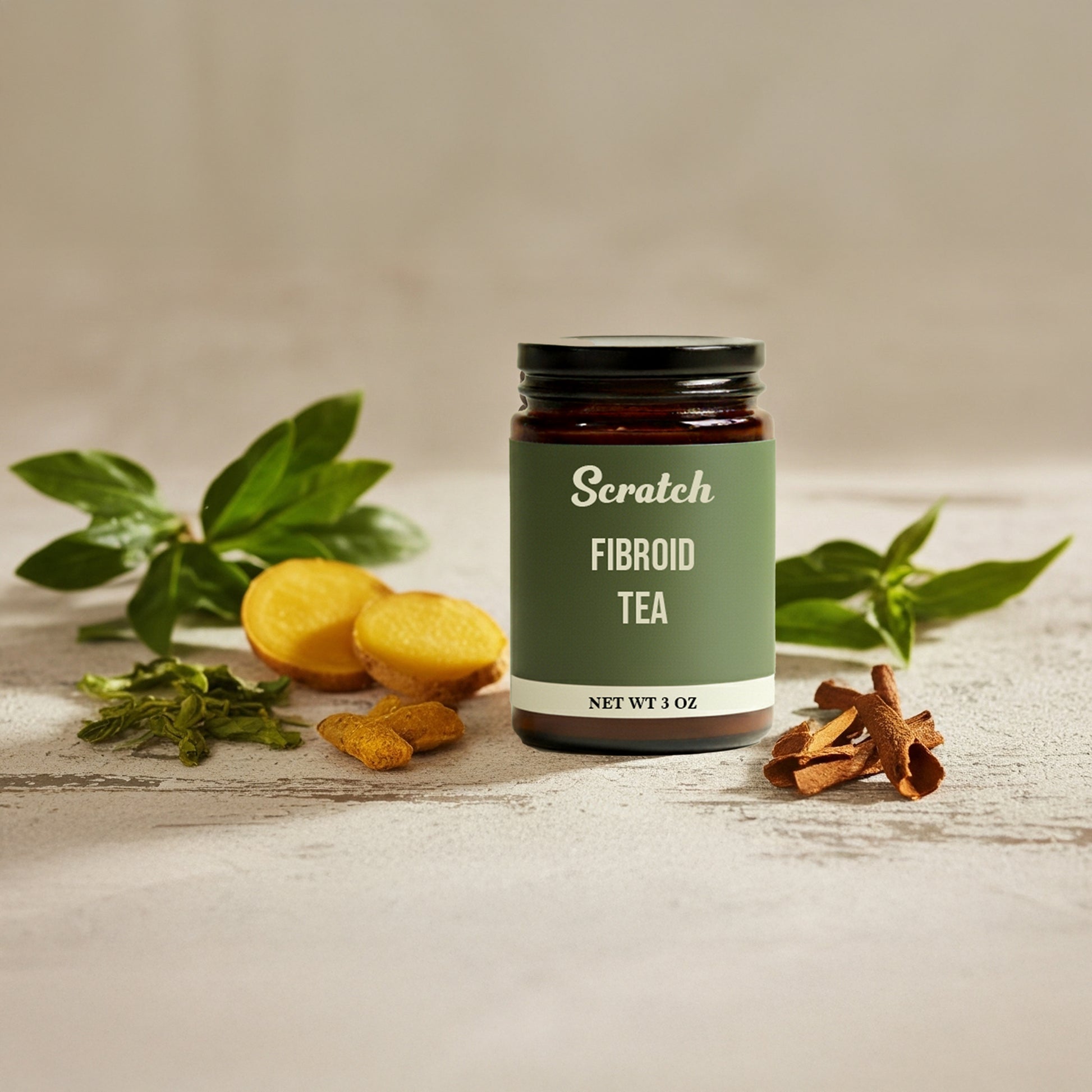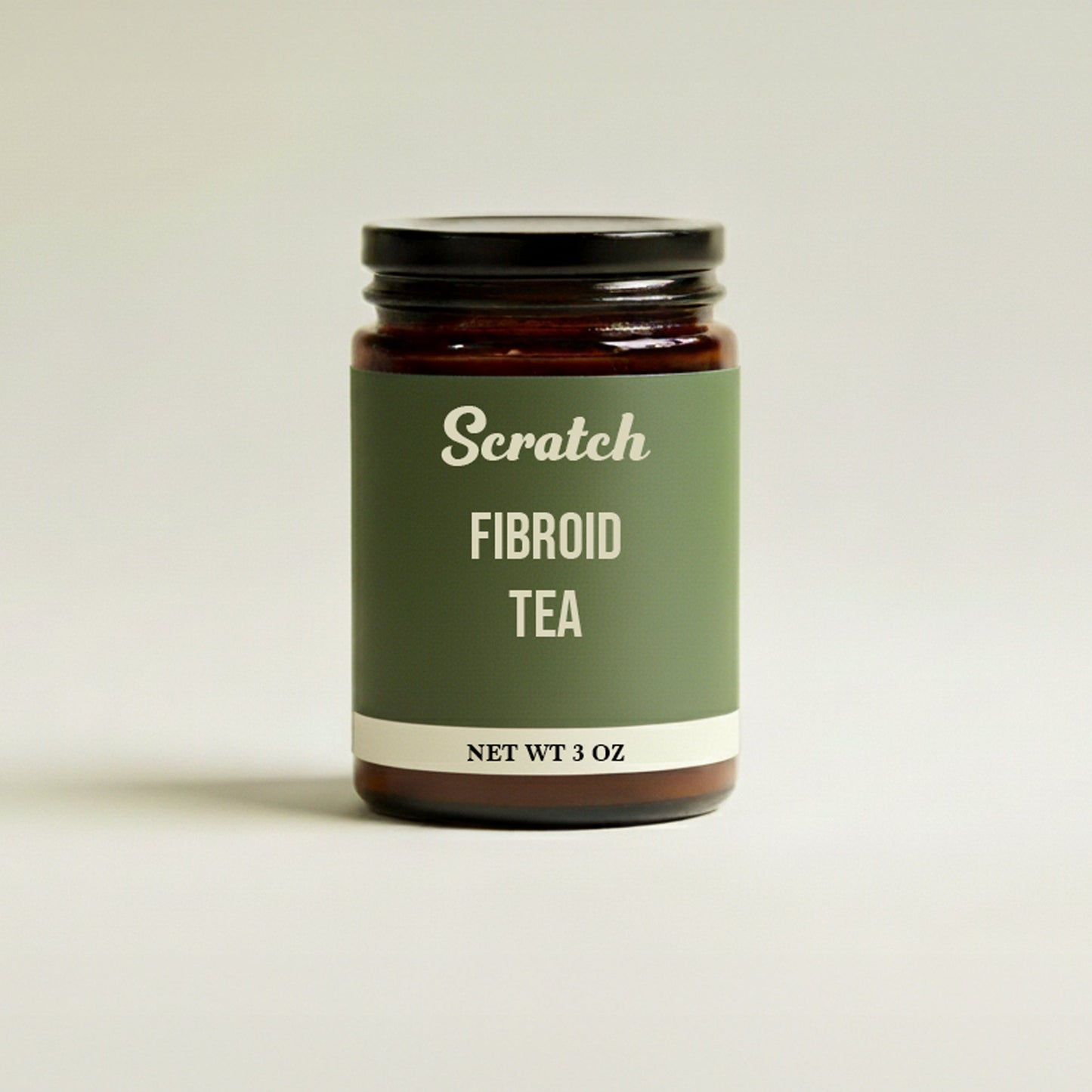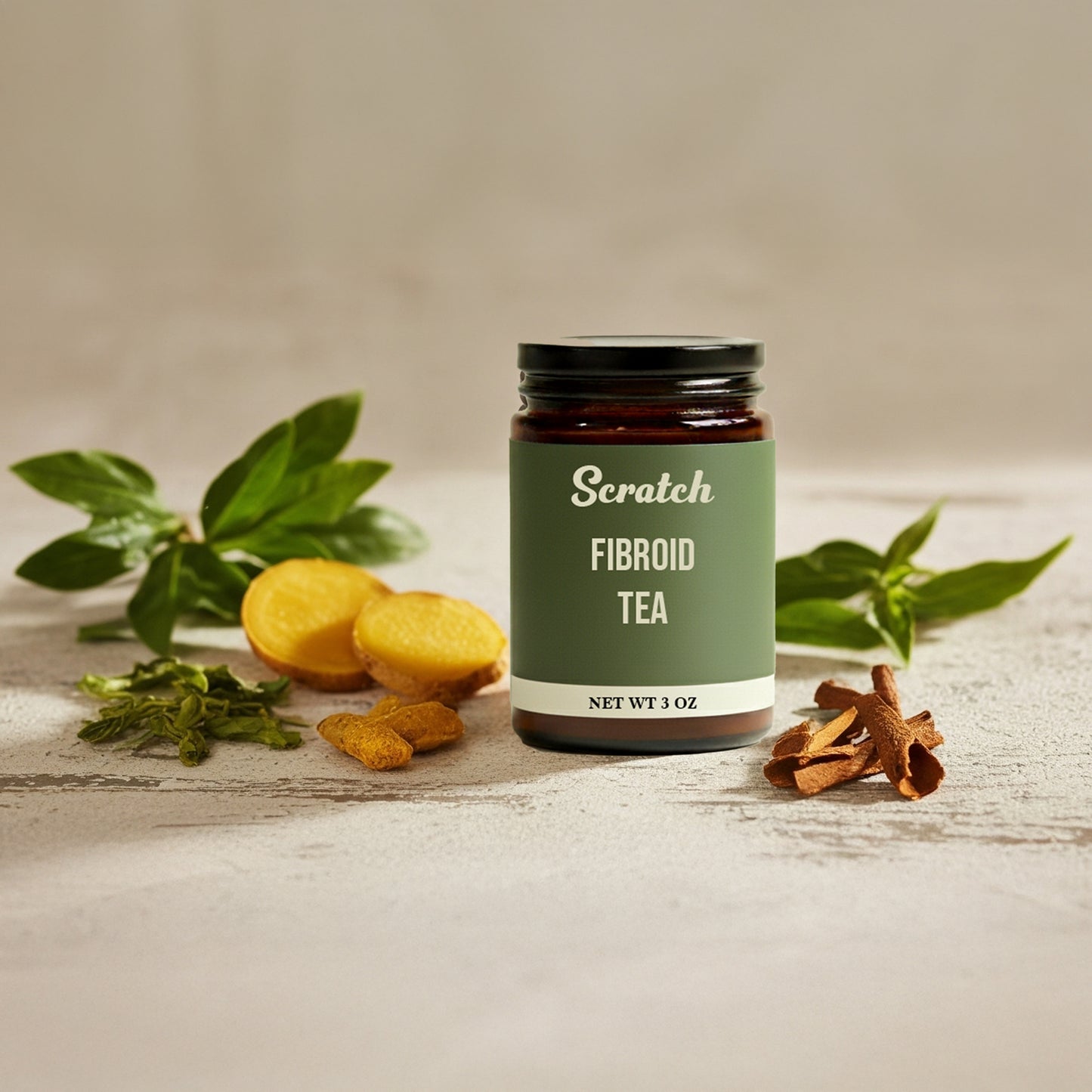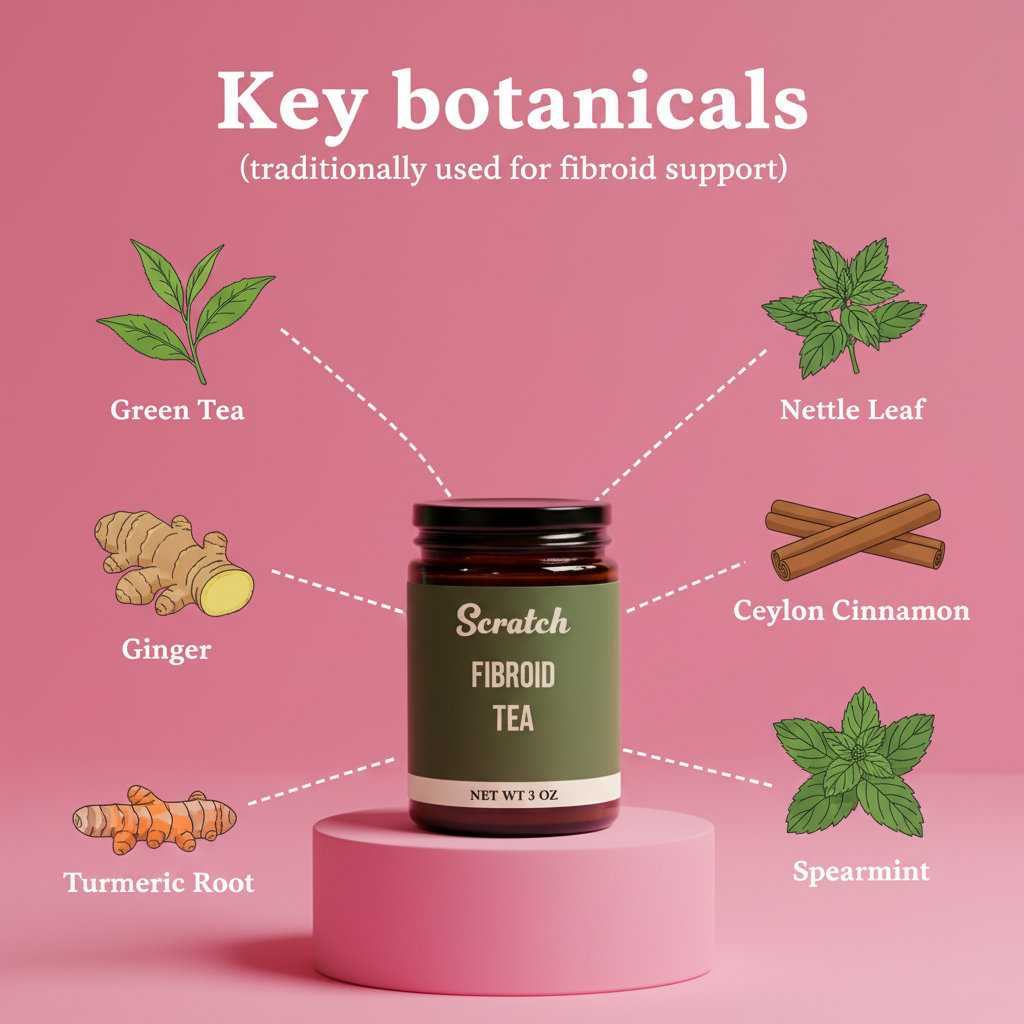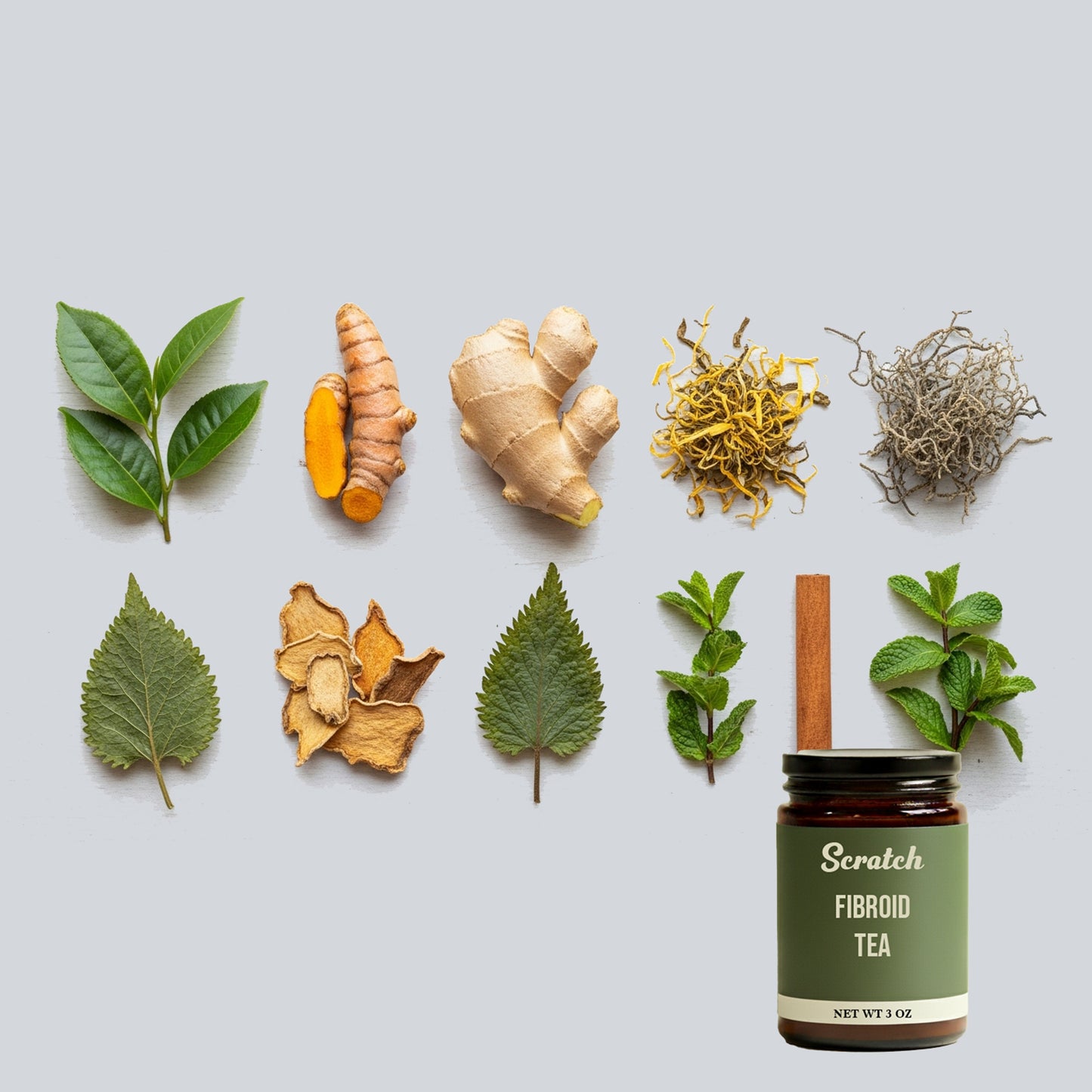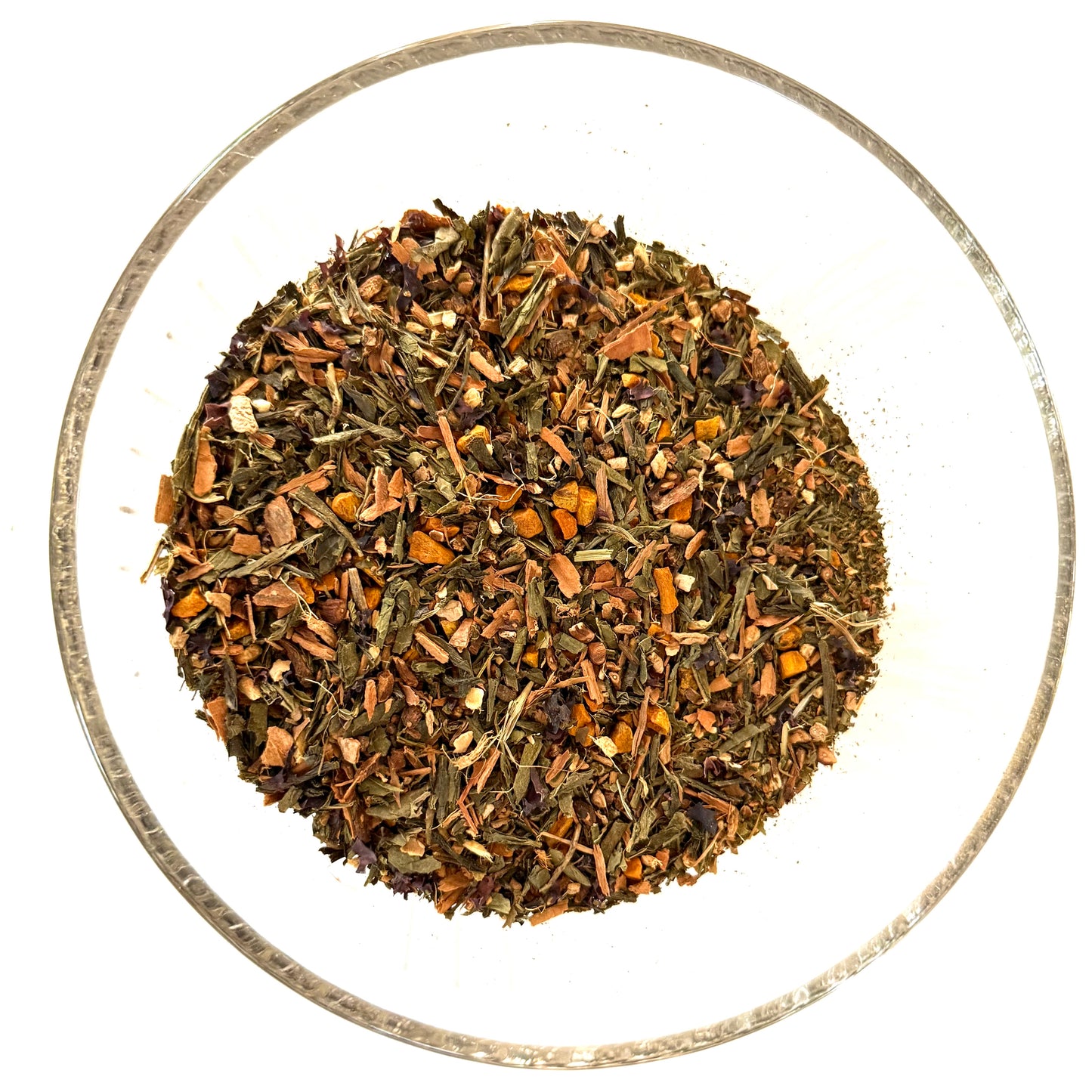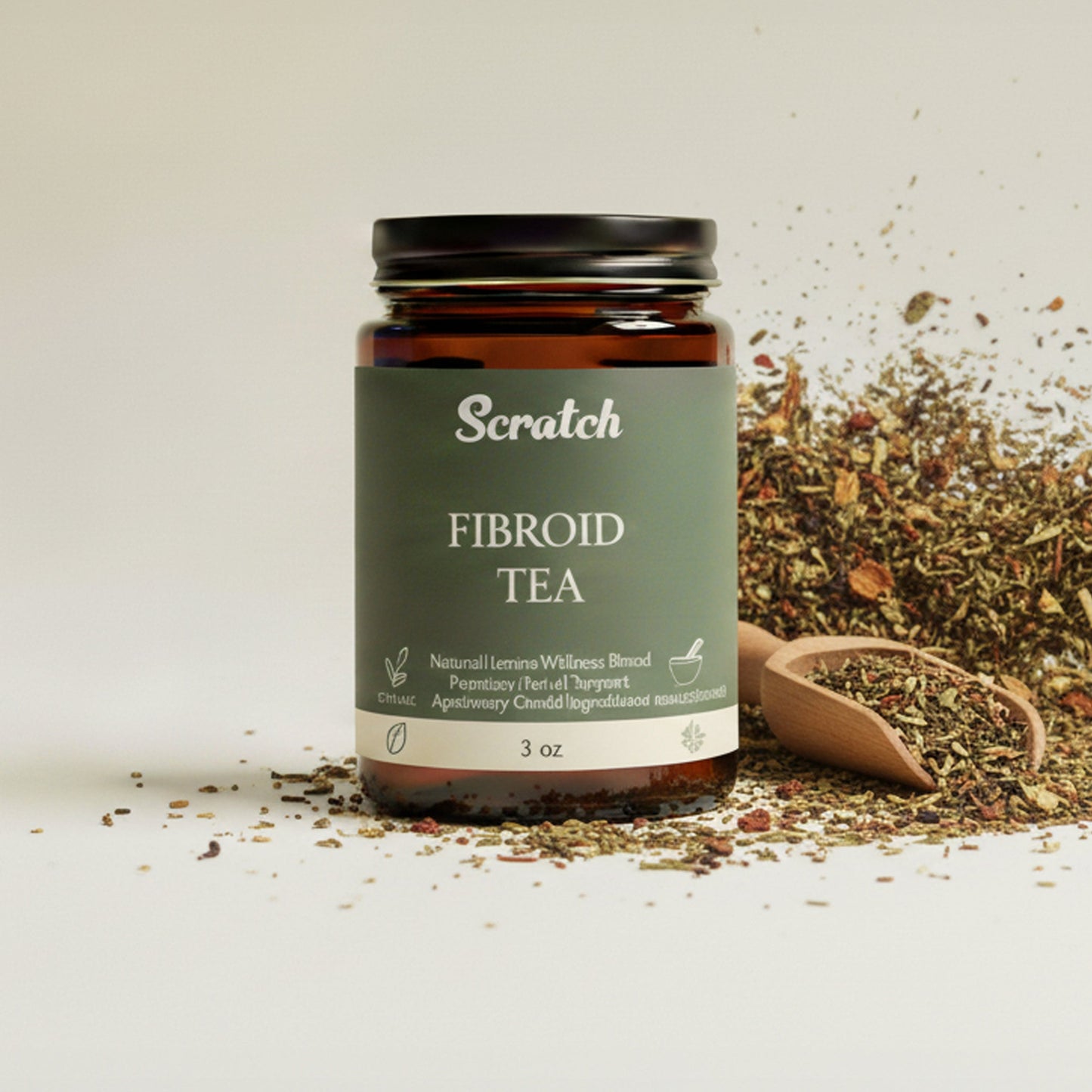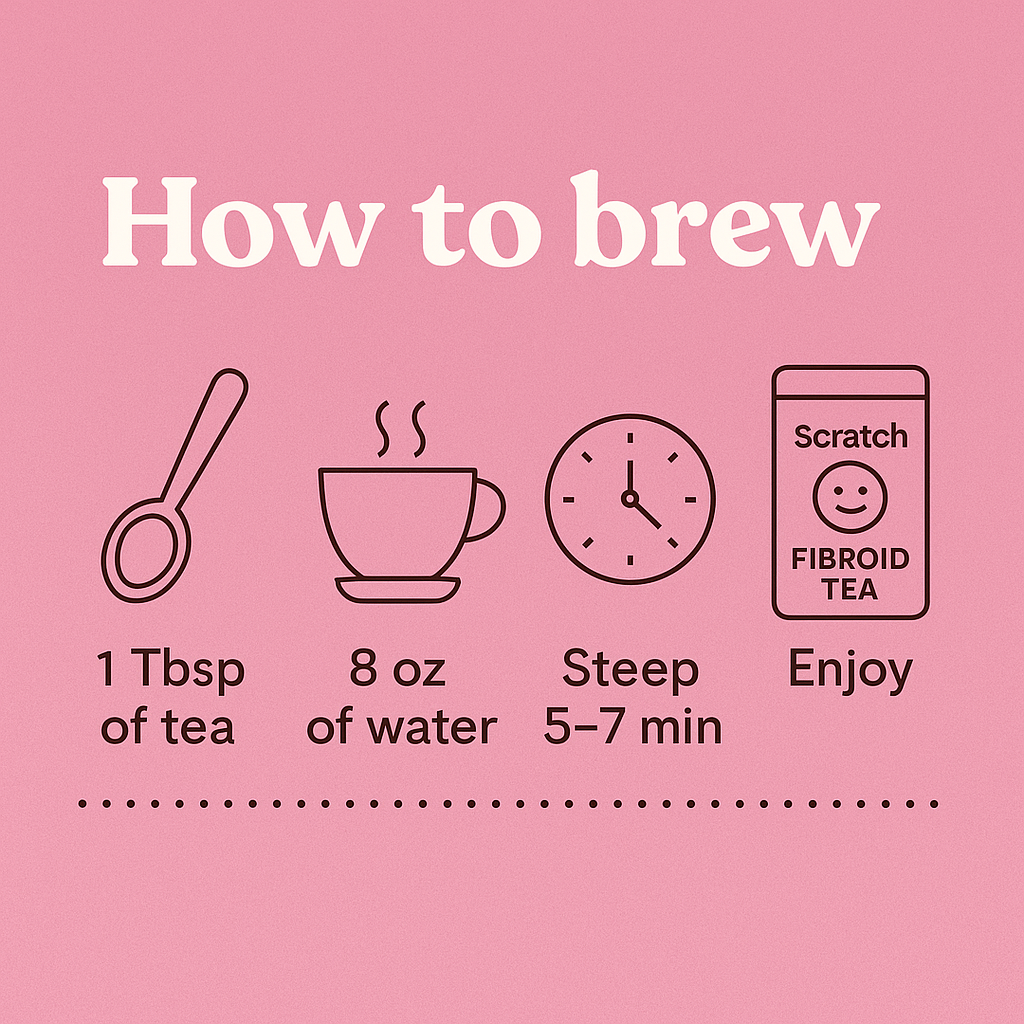Uterine fibroids are common, noncancerous growths of the uterus that can cause heavy bleeding, pelvic pressure, pain, infertility, and anemia. In recent years, more women have shown interest in “natural” products—such as herbal supplements, vitamins, and lifestyle-based approaches—to manage symptoms, either alongside or instead of conventional treatments. This shift reflects a desire for gentler options, fewer side effects, and more control over one’s care. But how strong is the evidence, and what should you know before trying natural fibroid products?
This article summarizes what’s driving the trend, what research shows so far, and how to navigate choices safely, drawing on trusted sources like the National Institutes of Health (NIH) and the U.S. Food and Drug Administration (FDA).
First, a quick primer on fibroids
Fibroids (leiomyomas) are extremely common during the reproductive years. Many are small and symptom-free, but others trigger heavy or prolonged periods, pelvic pressure or pain, frequent urination, constipation, painful sex, and pregnancy complications. Risk increases with age during the reproductive years and is higher among Black women, who often develop fibroids earlier and with more severe symptoms. Lifestyle, hormones, genetics, and vitamin D status may play roles in risk and growth. For an overview, see NIH and the Office on Women’s Health (OWH) resources.
- NIH/OWH overview of uterine fibroids: womenshealth.gov
- NICHD on fibroids and treatments: nichd.nih.gov
Conventional options: effective, but not one-size-fits-all
Clinicians tailor care based on symptoms, fibroid size/location, fertility goals, and personal preference. Options include:
- Watchful waiting when symptoms are mild.
- Medications to control bleeding and pain: NSAIDs; combined hormonal contraceptives; progestin-only methods; tranexamic acid; and short-term hormone modulators such as gonadotropin-releasing hormone (GnRH) agonists or newer oral GnRH antagonists with “add-back” hormones (e.g., elagolix- or relugolix-based combinations) approved by the FDA for fibroid-related heavy bleeding. These can reduce bleeding and shrink fibroids temporarily, but may cause side effects (e.g., hot flashes, headache) and are typically time-limited due to bone health considerations.
- Procedures for persistent or severe symptoms: uterine artery embolization, MRI-guided focused ultrasound, myomectomy (fibroid removal), or hysterectomy. Each has benefits, risks, and recovery considerations.
While these treatments are evidence-based and often effective, concerns about side effects, fertility preservation, recovery time, and access drive many women to explore alternatives and adjuncts.
Why natural fibroid products are gaining attention
- Desire to avoid surgery or long-term hormones: Many want to try lower-risk options first, especially if symptoms are moderate.
- Side-effect concerns: Some experience or fear medication side effects.
- Holistic approach: Interest in diet, stress, sleep, and overall metabolic health that may influence symptoms.
- Cultural and community influence: Traditional remedies and social media amplify interest.
- Access and autonomy: Supplements are widely available without prescriptions, offering a sense of control—though this comes with safety caveats.
What does the evidence say about “natural” products?
It’s crucial to distinguish between promising, early research and proven therapies. As of now, no dietary supplement has been proven in large, high-quality clinical trials to reliably shrink fibroids or replace standard treatments. Some areas of interest include:
Green tea extract (EGCG)
Small studies suggest epigallocatechin gallate (EGCG) may modestly reduce fibroid size and improve bleeding/quality of life over several months. However, trials are limited by size and design, and optimal dosing and long-term safety aren’t established. High-dose green tea extracts have been linked to rare liver injury. See NIH Office of Dietary Supplements (ODS) for safety details.
- NIH ODS on green tea: ods.od.nih.gov
Vitamin D
Observational studies associate lower vitamin D levels with higher fibroid risk and growth; small trials suggest supplementation might slow growth in deficient individuals. Evidence is preliminary; benefits, dosing, and duration remain uncertain for fibroid-specific outcomes. Adequate vitamin D is important for overall health; testing and supplementation should be guided by a clinician.
- NIH ODS on vitamin D: ods.od.nih.gov
Curcumin, resveratrol, and other botanicals
Laboratory and animal studies suggest anti-inflammatory or anti-proliferative effects, but human data for fibroids are sparse or absent. Quality, purity, and dosing vary widely across products. The National Center for Complementary and Integrative Health (NCCIH) notes that evidence for many herbal products is limited and that “natural” does not guarantee safety.
- NCCIH on supplements and safety: nccih.nih.gov
Bottom line on evidence: Some natural approaches show potential as adjuncts, but none are established substitutes for conventional care when symptoms are significant.
Safety first: What to know before trying natural fibroid products
- Supplements aren’t FDA-approved for effectiveness: In the U.S., dietary supplements are regulated differently than drugs; manufacturers don’t need to prove products work before marketing. The FDA can act against unsafe or misbranded products, but oversight happens largely after products reach the market.
- Quality varies: Choose brands that use third-party testing (USP, NSF, or ConsumerLab) to reduce contamination or mislabeling risk.
- Interactions and side effects: Supplements can interact with birth control, anticoagulants, thyroid meds, and more. High-dose green tea extracts, for example, have been linked to liver injury. Discuss any product with your clinician.
- Pregnancy and fertility: Many botanicals haven’t been tested in pregnancy and may affect hormones or uterine contractions. Avoid use if you’re pregnant or trying to conceive without OB-GYN guidance.
- Don’t ignore red flags: Seek prompt care for severe or sudden pelvic pain, very heavy bleeding (soaking a pad/tampon every hour for several hours), fainting, or signs of anemia (fatigue, shortness of breath, pale skin).
- FDA on dietary supplements: fda.gov
An integrative approach that puts safety and evidence first
If you’re interested in natural strategies, consider building an integrative plan with your healthcare professional:
- Clarify goals and timeline: Are you aiming to reduce bleeding, improve energy, preserve fertility, avoid surgery, or manage symptoms while awaiting pregnancy? Goals shape the plan.
- Correct anemia: Iron deficiency from heavy bleeding is common. Your clinician can confirm with labs and recommend iron therapy and dietary changes.
- Evidence-informed symptom control: NSAIDs can reduce menstrual pain and may modestly reduce blood loss. Tranexamic acid is a non-hormonal prescription option that significantly reduces heavy menstrual bleeding.
- Lifestyle foundations: Maintain a healthy weight, prioritize sleep, manage stress, and build a nutrient-dense diet rich in vegetables, fruits, fiber, and adequate vitamin D and calcium. These steps support overall health and may help symptoms, even if they don’t directly shrink fibroids.
- Consider targeted supplements cautiously: If vitamin D is low, supplementation per lab values is reasonable. Discuss any interest in green tea extract or other botanicals with your clinician, monitor for side effects, and reassess benefits every 2–3 months.
- Know when procedures are appropriate: If quality of life is poor, anemia persists, or fertility is affected, minimally invasive or surgical options may offer more reliable relief. Ask about uterus-sparing procedures if you wish to maintain fertility.
The bottom line
More women are exploring natural fibroid products because they want gentler, accessible, and holistic approaches to symptom relief. Early research hints that certain strategies—especially correcting vitamin D deficiency and, potentially, green tea extract—may help some people, but robust evidence is still limited. Safety matters: supplements vary in quality, can interact with medications, and are not FDA-approved to treat fibroids. Work with a clinician to personalize an integrative plan that combines lifestyle measures, safe adjuncts, and, when needed, effective conventional therapies.
References and trusted resources
- U.S. Office on Women’s Health: Uterine Fibroids – womenshealth.gov
- NICHD: What are fibroids? Treatment options – nichd.nih.gov
- FDA: What You Need to Know About Dietary Supplements – fda.gov
- NIH Office of Dietary Supplements: Green Tea Fact Sheet – ods.od.nih.gov
- NIH Office of Dietary Supplements: Vitamin D Fact Sheet – ods.od.nih.gov
- NCCIH: Dietary and Herbal Supplements – nccih.nih.gov
- ACOG: Uterine Fibroids (Patient FAQ) – acog.org
This article is for informational purposes and is not a substitute for professional medical advice. Always consult your healthcare provider about your symptoms and treatment options.

